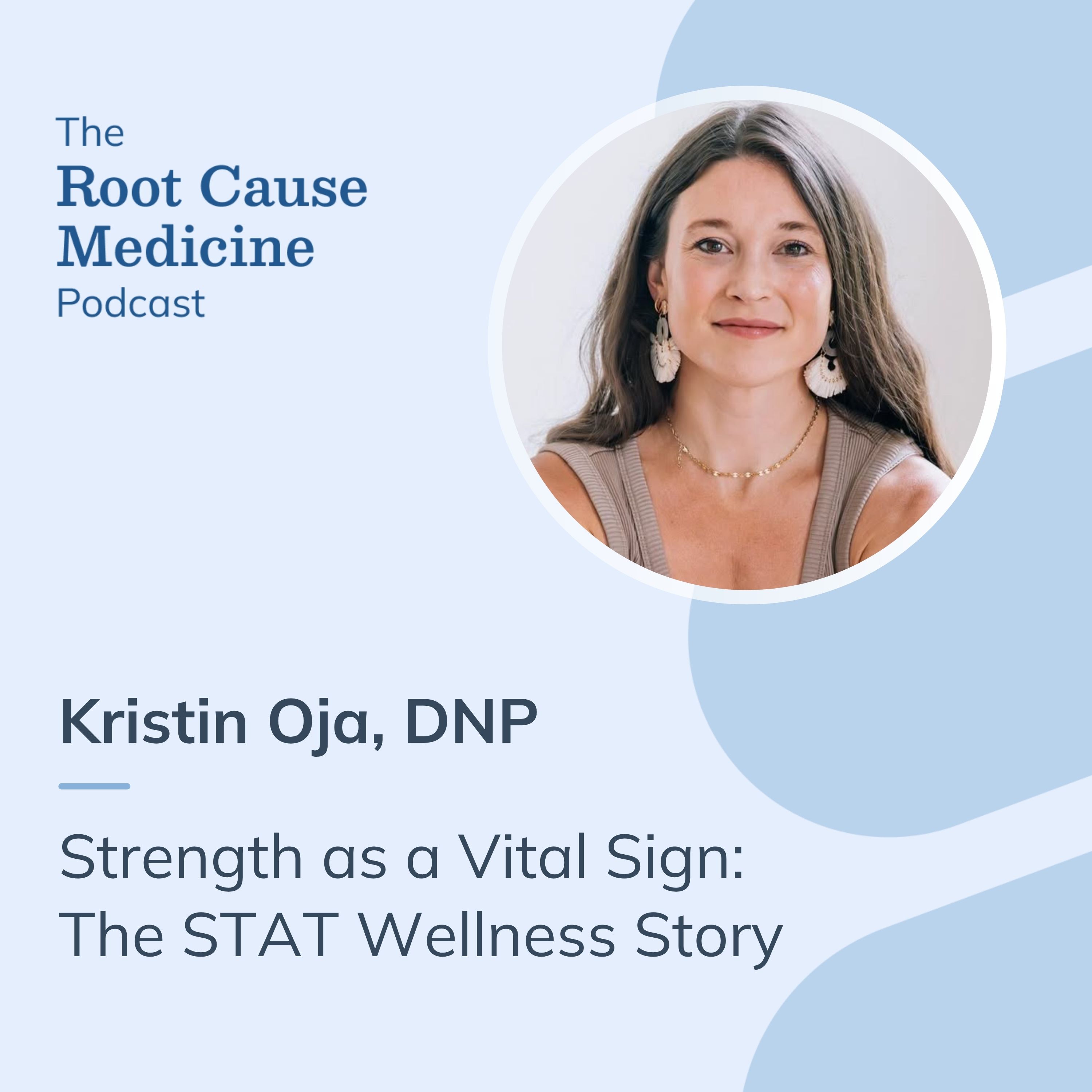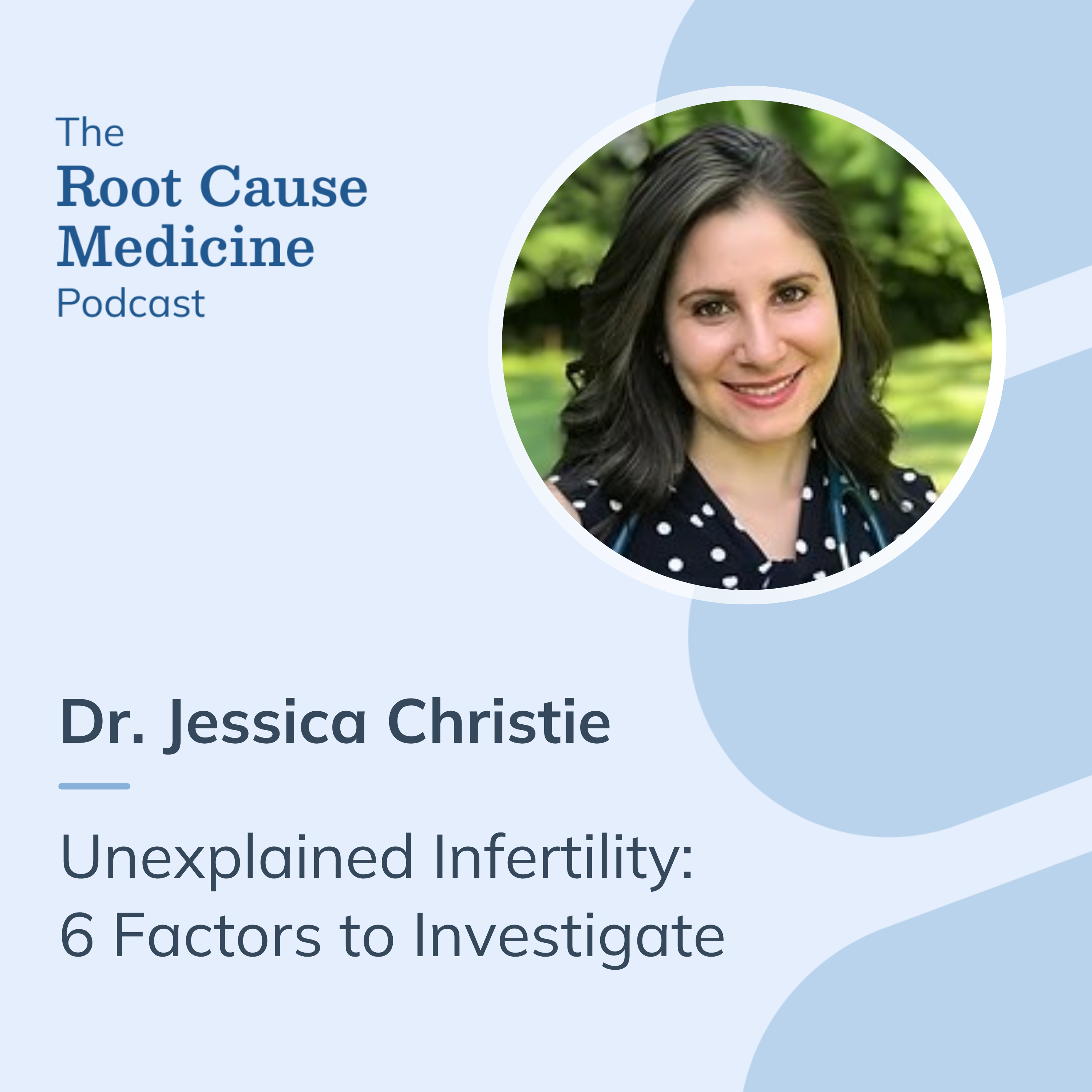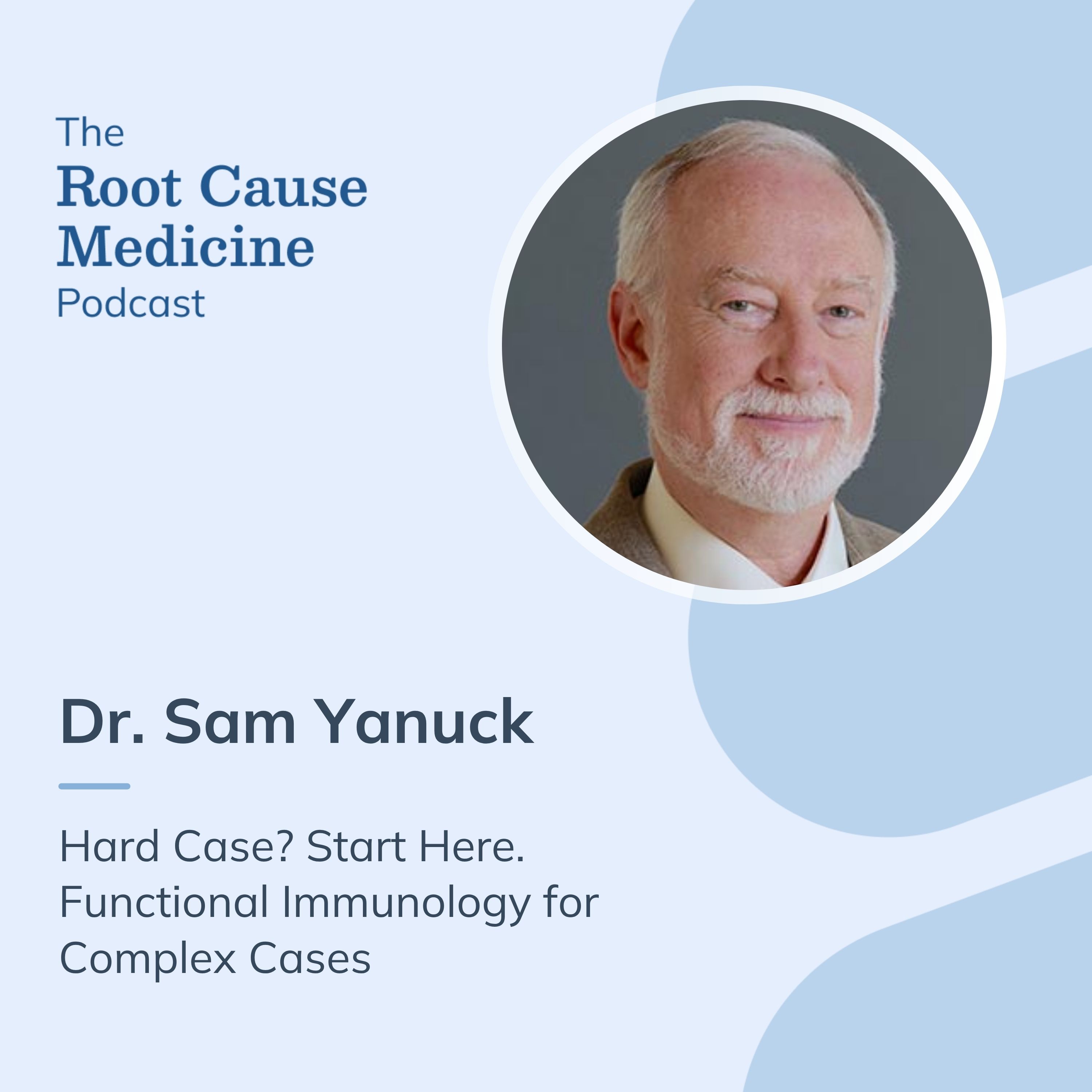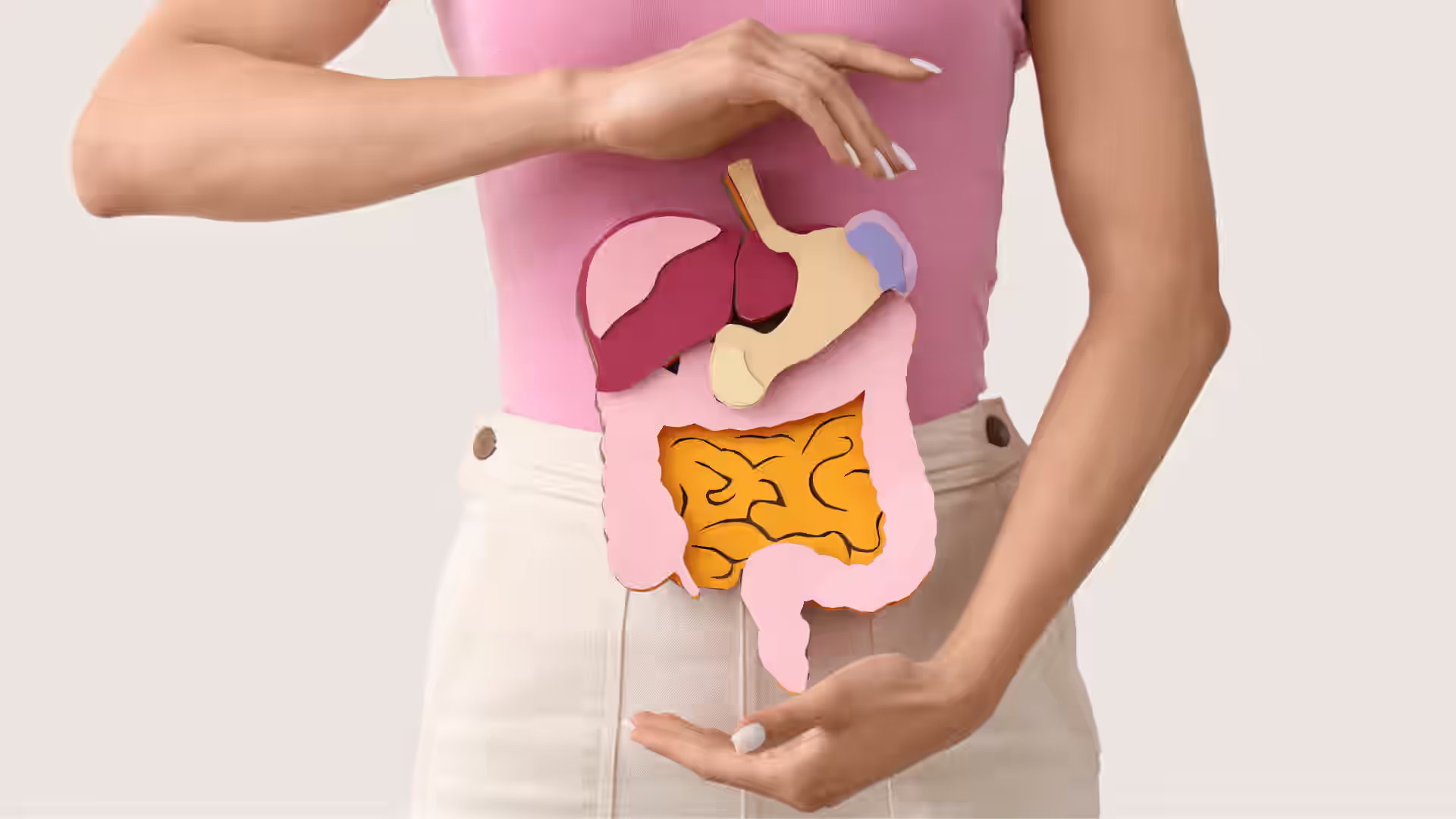In the realm of gastrointestinal disorders, SIBO has gained attention for its associations with irritable bowel syndrome and the wide range of symptoms it can cause. Speaking to the complex interplay between gut and neurological health, SIBO and headaches often co-occur. This article delves into the fascinating connection between SIBO and headaches, exploring the possible mechanisms linking these conditions and offering insights into their management.
[signup]
What Is SIBO?
SIBO stands for small intestinal bacterial overgrowth. It is a condition characterized by an increase in the number and/or types of bacteria in the small intestine. Normally, the small intestine has a relatively low population of bacteria compared to the colon. However, in SIBO, bacteria from the colon or other parts of the digestive tract may migrate and grow in the small intestine.
This increase in bacteria in the small intestine can lead to various gastrointestinal symptoms, including abdominal pain, bloating, diarrhea, constipation, and excessive gas production. SIBO can interfere with the normal digestion and absorption of nutrients, as the bacteria may consume nutrients intended for the host, potentially leading to nutrient deficiencies.
The exact cause of SIBO can vary but is often related to issues with the normal functioning of the gastrointestinal tract, such as impaired motility (the movement of food and waste through the digestive system), structural abnormalities, or certain medical conditions. Risk factors for SIBO include prior gastrointestinal surgeries, conditions like irritable bowel syndrome (IBS), and the use of certain medications that affect gut motility. Management usually involves approaches to reduce bacterial overgrowth and dietary changes to help manage symptoms. In some cases, underlying conditions contributing to SIBO may also need to be addressed. (7)
What Are Headaches?
Headaches are a common condition characterized by pain or discomfort in the head or upper neck region. They can vary in intensity, duration, and location, and they may be accompanied by other symptoms such as nausea, sensitivity to light (photophobia), and sensitivity to sound (phonophobia). Headaches can significantly impact a person's daily life and well-being.
Primary Headaches
Primary headaches are not caused by an underlying medical condition and are often the result of overactivity or problems with the pain-sensitive structures in the head. The exact cause of primary headaches is not fully understood and may involve a combination of genetic, environmental, and neurological factors. Triggers for primary headaches can include stress, hormonal changes, certain foods, lack of sleep, and environmental factors. (14)
Common types of primary headaches include (14, 21):
- Tension-type headaches: These are the most common type of headache and are often described as a dull, constant ache that can affect both sides of the head.
- Migraines: Migraine headaches are typically characterized by severe, throbbing pain, often on one side of the head, and are often accompanied by other symptoms like nausea, vomiting, and sensitivity to light and sound.
- Cluster headaches: These are intense headaches that tend to occur in clusters, often at the same time of day or night. They are typically one-sided and may be associated with eye symptoms like redness and tearing.
Secondary Headaches
Secondary headaches are caused by an underlying condition or other factors. Possible causes of secondary headaches include (14):
- Acute sinus infection (sinusitis)
- Brain tumor
- Concussion or other head injury
- Dehydration
- Dental infection
- Ear infection
- Medications to treat other conditions
- Meningitis
- Stroke
What Is the Connection Between SIBO and Headaches?
Along with the digestive symptoms discussed above, individuals with SIBO or other gastrointestinal conditions may also experience headaches. For example, research suggests that migraine patients are more likely to have irritable bowel syndrome, and individuals with non-celiac gluten sensitivity commonly experience headaches (18, 26).
While the connection between SIBO and headaches is not well-established or fully understood, there are potential links between the two conditions. When you understand the relationship between gut health, dysbiosis, the immune system, inflammation, and nutrient absorption, it's easier to comprehend how SIBO can manifest with headaches as a symptom.
The gut-brain axis is a complex network of communication pathways that involves the nervous, endocrine, and immune systems. It allows the gut and the brain to influence each other's functions. The gut is home to a vast community of microorganisms (the gut microbiota) that play a crucial role in various aspects of health, including the regulation of the gut-brain axis. SIBO disrupts the healthy microbiome; this dysbiosis may lead to nutrient malabsorption and a disruption in normal immune signaling, neurotransmitter synthesis, and hormone production. Collectively, these imbalances can negatively influence neurological function and promote inflammation, potentially leading to headaches.
Additionally, SIBO is associated with increased intestinal permeability, also called "leaky gut." Leaky gut is a condition in which the small intestine's lining becomes excessively porous, allowing substances like bacteria, toxins, and undigested food particles to pass through the intestinal barrier and enter the bloodstream. Exposure to undigested food particles that enter the bloodstream may activate an immune response, potentially triggering inflammation and antibody production systemically (22). Some evidence suggests IgG-mediated food sensitivities as one of the dietary-related triggers for migraine headaches.
Functional Medicine Lab Tests to Test for SIBO and the Health of the Gut-Brain Axis
Functional medicine lab tests can be helpful in evaluating SIBO and the relationship between gut health and the brain through the gut-brain axis. Here are tests that may help determine whether poor gut health contributes to your headaches.
SIBO Breath Testing
In place of an endoscopic aspirate and fluid culture of the small intestine, which is invasive and expensive, SIBO breath testing is a common method for evaluating SIBO. The breath test is a noninvasive test performed at home to measure the amount of hydrogen or methane you exhale after drinking a mixture of glucose or lactulose and water. A rapid rise in either or both gas levels may indicate SIBO. (4)
Comprehensive Stool Analysis
A comprehensive stool analysis can provide valuable insights into the gut-brain axis by examining various factors related to gastrointestinal health, inflammation, and gut microbiota composition.
Micronutrient Testing
Generally speaking, micronutrients play critical roles in various physiological processes, including brain function, gut health, and controlling inflammation. Deficiencies in iron and vitamins A, B12, and D are common in individuals with SIBO (5). A micronutrient test offers valuable insight into the gut and neurological health by assessing the levels of essential vitamins, minerals, antioxidants, fatty acids, and amino acids in the body.
Neurotransmitter Testing
Our commensal gut bacteria and the brain produce and respond to the same signaling chemicals called neurotransmitters, including GABA, serotonin, norepinephrine, dopamine, and acetylcholine. Imbalances in any or all of these can contribute to gastrointestinal dysfunction, neuroinflammation, and changes in mood and cognition. By assessing neurotransmitter levels, this test can provide insights into how the gut and the brain communicate, potentially revealing imbalances or disruptions in neurotransmitter signaling that may contribute to gut-related and neurological symptoms. (19)
[signup]
Integrative Approach to Managing SIBO and Headaches
An integrative approach to managing SIBO and headaches combines conventional medical interventions with complementary therapies, dietary modifications, and lifestyle changes to address the conditions holistically.
Nutritional Considerations
Elimination diets are often used in managing both SIBO and headaches. Elimination diets should be customized based on the individual's specific dietary triggers, which can be identified using diet diaries and laboratory testing.
Elimination diets don't necessarily address SIBO directly, but they may reduce bacterial food sources to help manage symptoms while the overgrowth is being addressed. Fermentable carbohydrates, called FODMAPs, can exacerbate SIBO symptoms. These carbohydrates ferment in the gut, leading to the production of gas, which may cause SIBO symptoms. The low-FODMAP diet restricts the intake of FODMAPS to help manage gas production and digestive symptoms. (6)
Individuals should also consider avoiding identified trigger foods for headaches, commonly including caffeine, MSG, cocoa, aspartame, cheese, citrus, and nitrates. Other dietary approaches for managing headaches include the ketogenic, low-histamine, gluten-free, and folate-rich diets. (21)
Helpful Supplements
Managing SIBO may involve approaches to address bacterial overgrowth. For individuals who prefer avoiding antibiotic use, herbal antimicrobials have been studied for their potential in managing SIBO. Common botanical supplements for supporting gut health include oregano, berberine, neem, and allicin. (5)
Other gut-supportive supplements can be used in a holistic approach to support digestion and promote a healthy microbiome. Digestive enzymes help digest food particles to their small building blocks; this can support dietary-mediated intestinal health and meal-related digestive symptoms and improve food tolerance. L-glutamine is a nutrient that supports the cells lining the small intestine. Given its role in cellular processes, it is often considered in approaches to support gut health. Finally, supplemental probiotics and prebiotics may help modulate the gut microbiome to positively impact the gut-brain axis (2).
Complementary and Integrative Approaches
Stress is known to contribute to impaired gastrointestinal motility and may trigger headaches. Complementary and integrative modalities, such as biofeedback, acupuncture, and massage, have been explored for their potential in managing stress, IBS, and headaches.
[signup]
Summary
While the emerging link between SIBO and headaches needs to be further explored, it underscores the intricate relationship between the gut and the brain. Addressing SIBO's impact on neurological health represents an opportunity for symptom management and a step toward a more comprehensive understanding of the interconnectedness of our bodily systems.






.jpg)





%201.svg)








.png)